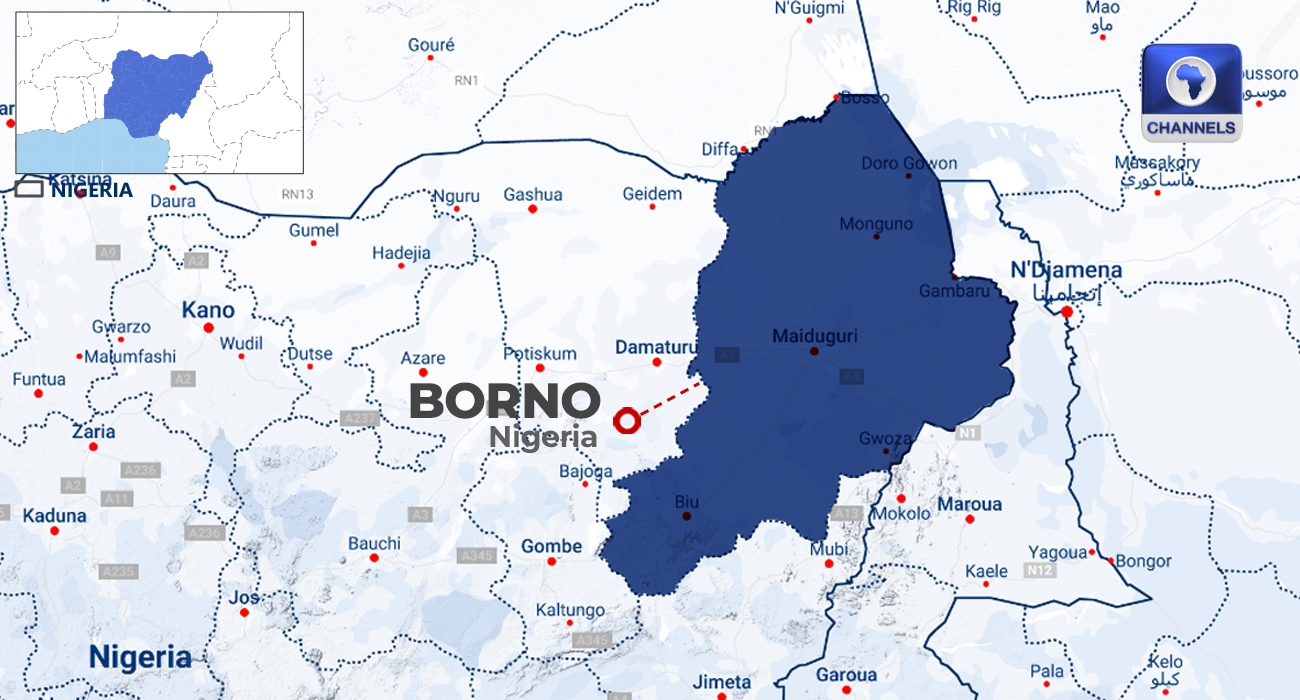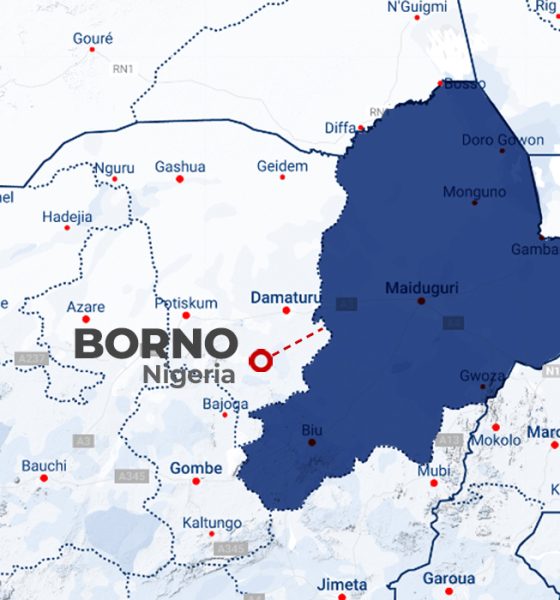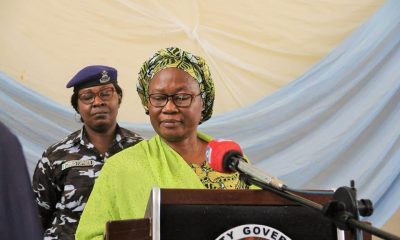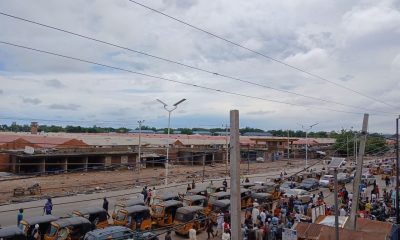

News
Over 30 Lives Lost in Fresh Boko Haram Attacks in Borno and part of Adamawa
Over 30 Lives Lost in Fresh Boko Haram Attacks in Borno and part of Adamawa
Communities in Borno State are reeling from grief after a deadly wave of Boko Haram attacks claimed the lives of over 30 people, including women and children, in separate incidents across Chibok and Kala Balge on Monday.
In Chibok, what was meant to be a solemn evening of prayer turned into a massacre. Residents had gathered to hold a third-day prayer for a late community leader when gunmen believed to be Boko Haram insurgents stormed the area around 6 p.m. and opened fire. Initial reports confirmed the death of seven men at the scene. However, as more bodies were recovered, the death toll in Chibok has now risen to 14. The attackers also torched several homes before retreating.
On the same day, tragedy struck again—this time in Kala Balge Local Government Area near the Lake Chad border. Commuters travelling from Rann to Gamboru Ngala unknowingly drove over an improvised explosive device (IED) suspected to have been planted by Boko Haram. The blast, which occurred about 11 kilometers from Rann, killed at least 16 people, including six children and four women. The total number of casualties remains uncertain, as some bodies are still being identified.
Members of the Civilian Joint Task Force (CJTF), who arrived at the scene, said three survivors—a woman, a man, and a child—were rushed to nearby medical facilities in Rann and Gamboru for urgent care.
These attacks are only the latest in a string of deadly incidents plaguing the region. Just days ago, 14 farmers and two CJTF members were killed in border communities of Gwoza LGA. And on Sunday, Boko Haram launched yet another ambush that killed ten CJTF personnel patrolling the Hawul area in Borno and parts of Garkida in neighbouring Adamawa State.
During a federal government visit led by the ministers of defence and the Chief of Defence Staff, Borno State Governor Babagana Zulum expressed concern over the unchecked movement of insurgents across Nigeria’s porous borders. He warned that without tighter border control, communities in the northeast would remain vulnerable to terrorist regroupings and continued attacks.
Kala Balge, where one of Monday’s attacks occurred, remains largely cut off from other parts of the state due to its difficult terrain, worsened during the rainy season. The remoteness makes it a soft target for insurgents who continue to exploit the gaps in security infrastructure.
As families mourn their dead and survivors battle injuries, the call for decisive action grows louder. The people of Borno are once again left asking: when will the violence end?
















